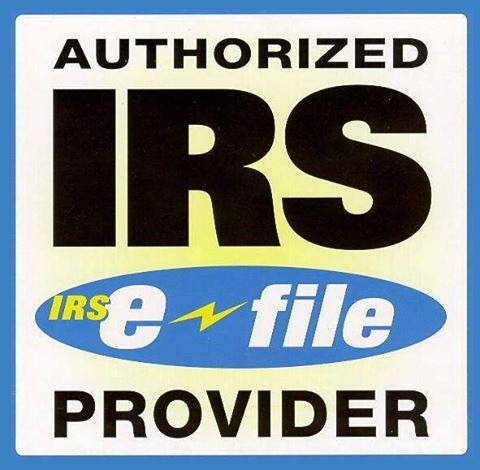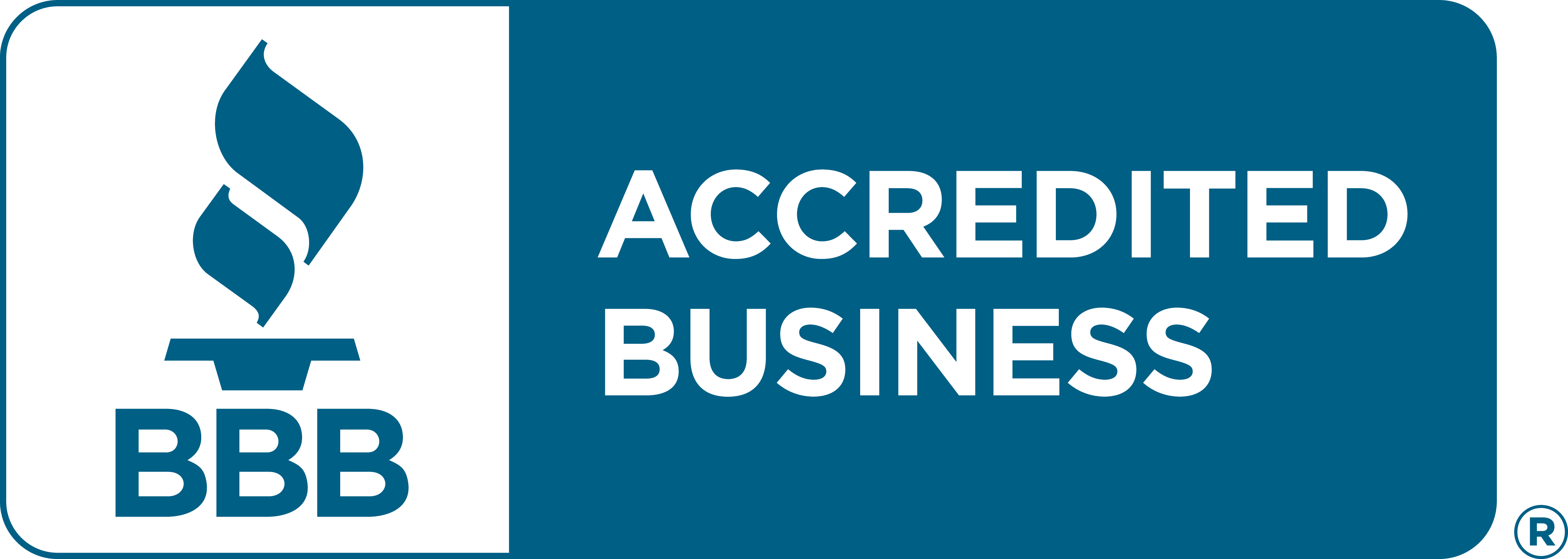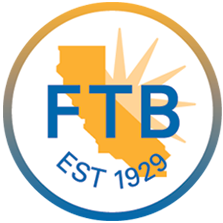Illinois State Filing Requirements
Non-profit organizations operating in Illinois must comply with state and federal regulations to maintain their tax-exempt status.
Required Non-profit Forms
Non-profits in Illinois are required to complete several forms as part of their compliance obligations.
| Secretary of State Forms | Attorney General Forms | Department of Revenue Forms |
|---|---|---|
State Filing Requirements for Non-Profits
While Illinois doesn't have a "Franchise Tax Board" like California, it does have state-level filing obligations for non-profit organizations.
These obligations are primarily managed by the Illinois Attorney General's Charitable Trust Bureau and the Illinois Department of Revenue.

Key requirements include:
- Incorporation with the Secretary of State
- File Articles of Incorporation to establish the non-profit legally.
- Required for eligibility for federal (501(c)(3)) and state tax exemptions.
- Charitable Organization Registration
Non-profits soliciting charitable contributions are required to register with the Illinois Attorney General's Charitable Trust Bureau. - Annual Report Filing
All non-profits must file an annual report with the Illinois Secretary of State to maintain good standing. - State Tax Exemption
- Organizations seeking exemption from state sales tax must apply for a tax exemption identification number (E-number) through the IDOR.
- Property Tax Exemption: Submit to local county assessors.
Tax Exemption Requirements
- Obtain federal tax-exempt status before applying to the state.
- File Form STAX-1, Certificate of Exemption for sales tax exemption.
- Submit IRS determination letter and supporting documents.
- File Form IL-990 with the Illinois Attorney General and the Illinois Department of Revenue.
- Annual reporting may be required to maintain exemption.
Filing Deadlines for Non-Profit Forms
Adhering to filing deadlines is essential to avoid penalties and maintain compliance.
Below are the key deadlines for non-profit filings in Illinois:
| Secretary of State Deadlines | |
|---|---|
| Annual Report | Due annually by the first day of the non-profit's anniversary month of incorporation. |
| Articles of Amendment | Within 60 days of the amendment adoption |
| Change of Registered Agent | File promptly after any change |
| Attorney General Deadlines | |
|---|---|
| Annual Financial Report (AG990-IL) | Due within 6 months after the close of the organization's fiscal year |
| Initial Registration (CO-1) | Within 30 days of receiving contributions exceeding $15,000 or before beginning solicitation |
| Department of Revenue Deadlines | |
|---|---|
| IL-990-T | Due on or before the 15th day of the 5th month following the close of the tax year |
| Sales Tax Exemption Renewal | File Form ST-1 annually by the 20th day of the month following the reporting period. |
Registration & Annual Filing (Non-Profits)
To operate legally as a non-profit in Illinois, organizations must file the Articles of Incorporation with the Illinois Secretary of State and pay the $150 filing fee.
Initial Registration
- Ensure your nonprofit’s name is unique and meets state requirements by checking its availability with the appropriate state agency.
- File Articles of Incorporation with the Illinois Secretary of State ($150 fee)
- Apply for an EIN through the IRS to identify your nonprofit for tax and banking purposes.
- If your nonprofit plans to raise funds, you must register with the state’s Attorney General or relevant office.
- Complete Form CO-1 (for groups soliciting/receiving donations) and pay the $15 registration fee.
- File Form 1023 with the IRS to apply for federal tax-exempt status.
- Submit necessary forms to qualify for exemption from state income and sales taxes.
Annual Filing Requirements
Nonprofits must file an Annual Report annually to maintain their good standing.
- Complete and file the Annual Report each year and ensure that the $10 annual filing fee is paid on time.
- Submit Form AG990-IL to the Illinois Attorney General's Office on an annual basis to maintain compliance with state reporting requirements.
- File Form IL-990-T with the Illinois Department of Revenue if your organization earns income from activities that are considered unrelated to its exempt purpose.
- File the annual Form 990 series (990, 990-EZ, 990-N, or 990-PF) with the IRS. Failure to do so for three consecutive years can result in automatic revocation of federal tax-exempt status.












